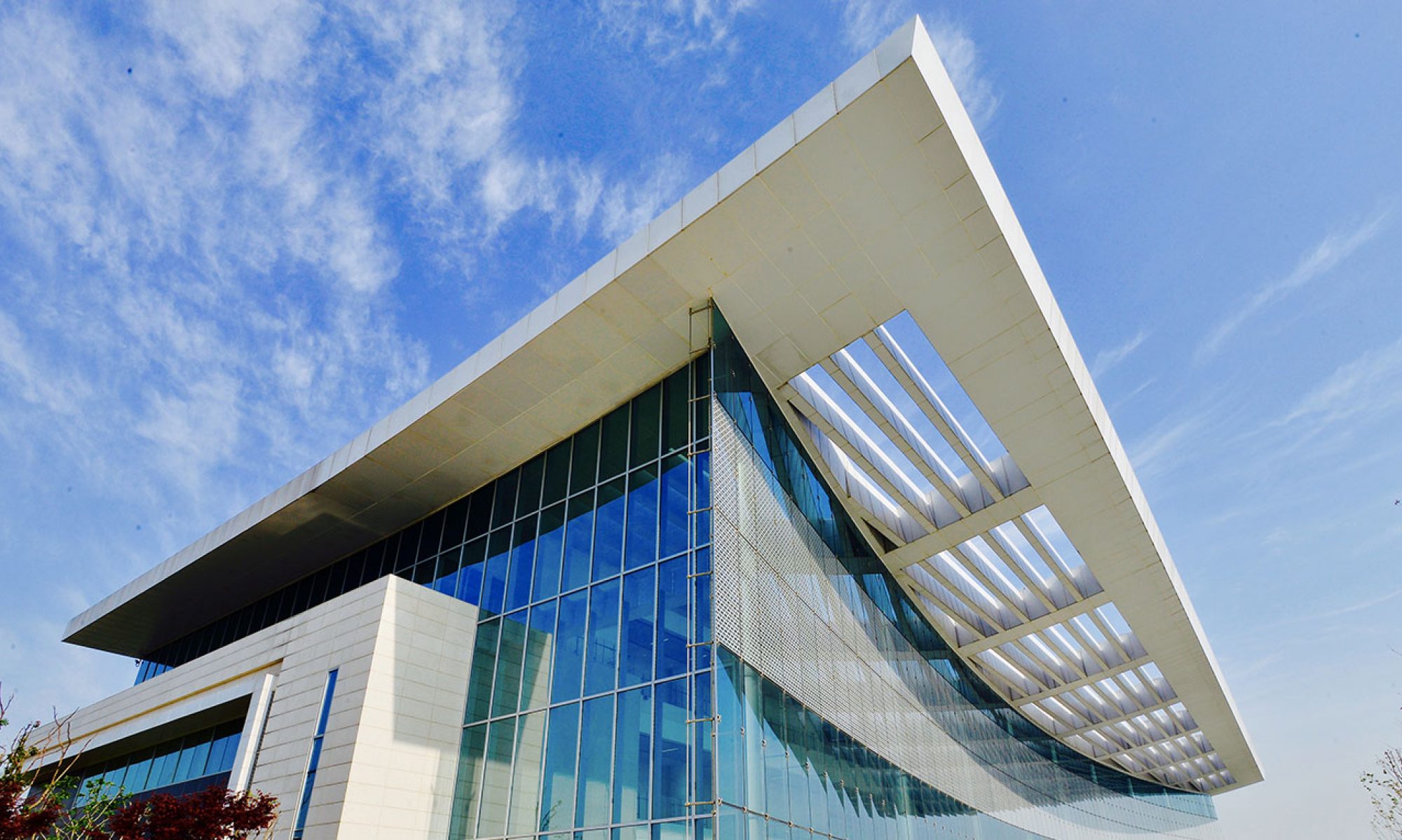Reported by Lia Smith, Class of 2026
 This lecture and student workshop were a part of the Gender Studies Initiative’s event series. Each event connects gender to a range of topics where gender, sexuality, and feminism are discussed.
This lecture and student workshop were a part of the Gender Studies Initiative’s event series. Each event connects gender to a range of topics where gender, sexuality, and feminism are discussed.
On February 1st, 2024, this event brought together Professor Xiying Wang from Beijing Normal University and 29 event attendees for a lecture on how her new focus group data on dating culture in the digital age among college students in Beijing uncovers a new form of emerging culture and perspective on love and dating.
Following the development of communication technologies, digital media has become a mediator in all sorts of relationships, one of them being dating. This is evident in how young single people are making friends and finding dating partners through the digital world. However, through the standardization of communication technologies, perspectives on love and dating, relationship categorization, and the ways in which relationships start and end begin to take on different forms from our traditional understanding.
The May 4th movement symbolized new forms of modernity including love, freedom, democracy, and science. Professor Wang proceeds to explain how the growing process of intellectualization and rationalization has resulted in a belief that we are no longer ruled by mysterious, unpredictable forces. So, does technology make love a more concrete and predictable force? Does it disenchant love?
Professor Wang continues her lecture by introducing the data from her study, focusing on what words are used to address dating, ranging from traditional terms to playful, uncommitted phrases. These different ways of describe and address their dating situations show that college students have diversified dating experiences.
 Some relationships start and end online, often referred to 恋爱永远在线 in Chinese. They use online chats to go on dates, they confess feelings and love online, and when the relationship is made official, they announce their dating partner on online platforms. Major milestones and relationship building all happen online. Additionally, when there are issues in these types of relationships, they seek help or quarrel in public online forums. Following the pattern, these relationships also break-up online as well. These individuals see every app as a potential dating app, since the internet is an unlimited space to get to know people.
Some relationships start and end online, often referred to 恋爱永远在线 in Chinese. They use online chats to go on dates, they confess feelings and love online, and when the relationship is made official, they announce their dating partner on online platforms. Major milestones and relationship building all happen online. Additionally, when there are issues in these types of relationships, they seek help or quarrel in public online forums. Following the pattern, these relationships also break-up online as well. These individuals see every app as a potential dating app, since the internet is an unlimited space to get to know people.
These online relationships have massive benefits of anonymity, mobility, flexibility. However, there are those who argue that technology has added a false touch to dating. With online interactions, the interactions could be inauthentic. This is seen with heavy photoshop usage and online exchanges that are misinterpreted.
These changes in interactions and relationship developments have also altered the ideal of love. People seem to no longer believe in the idea of romantic love; instead, the emphasis is on communication, tolerance, mutual pursuit and growth.
After the lecture, the student workshop offered students who attended the lecture the opportunity to discuss their different perspectives and observations on Professor Wang’s new research with her. Students shared how the DKU community environment, with its mesh of both the international and domestic population, created a different dynamic and perspective of love that could potentially be relevant to her research. Additionally, Professor Wang and students talked about how money and status play into both on-online and in-person romantic relations, with an example being only daughters from the Jiangsu, Zhejiang, and Shanghai areas. Finally, students shared some of the research projects and received feedback and suggestions from Professor Wang.

 Recently, DKU Health Humanities Lab (HHL) initiated the new series “Health X”, aiming to bridge the gap between health and humanities and explore the interdisciplinary opportunities of the two subjects. On Feb 7th, 2024, HHL held its inaugural event, a lecture on the topic of “Health X Media”. Our guest speaker, Prof. Fan Liang, the Assistant Professor of Media at DKU, gave an informative and insightful presentation about the role of digital media in health communication.
Recently, DKU Health Humanities Lab (HHL) initiated the new series “Health X”, aiming to bridge the gap between health and humanities and explore the interdisciplinary opportunities of the two subjects. On Feb 7th, 2024, HHL held its inaugural event, a lecture on the topic of “Health X Media”. Our guest speaker, Prof. Fan Liang, the Assistant Professor of Media at DKU, gave an informative and insightful presentation about the role of digital media in health communication. We would like to express our heartfelt gratitude to all the participants for their active engagement in this event. The discussions and insights shared have significantly contributed to the understanding of the complex interplay between health and media. We look forward to continuing this meaningful dialogue and furthering our collective knowledge in the upcoming events of the “Health X” series.
We would like to express our heartfelt gratitude to all the participants for their active engagement in this event. The discussions and insights shared have significantly contributed to the understanding of the complex interplay between health and media. We look forward to continuing this meaningful dialogue and furthering our collective knowledge in the upcoming events of the “Health X” series.